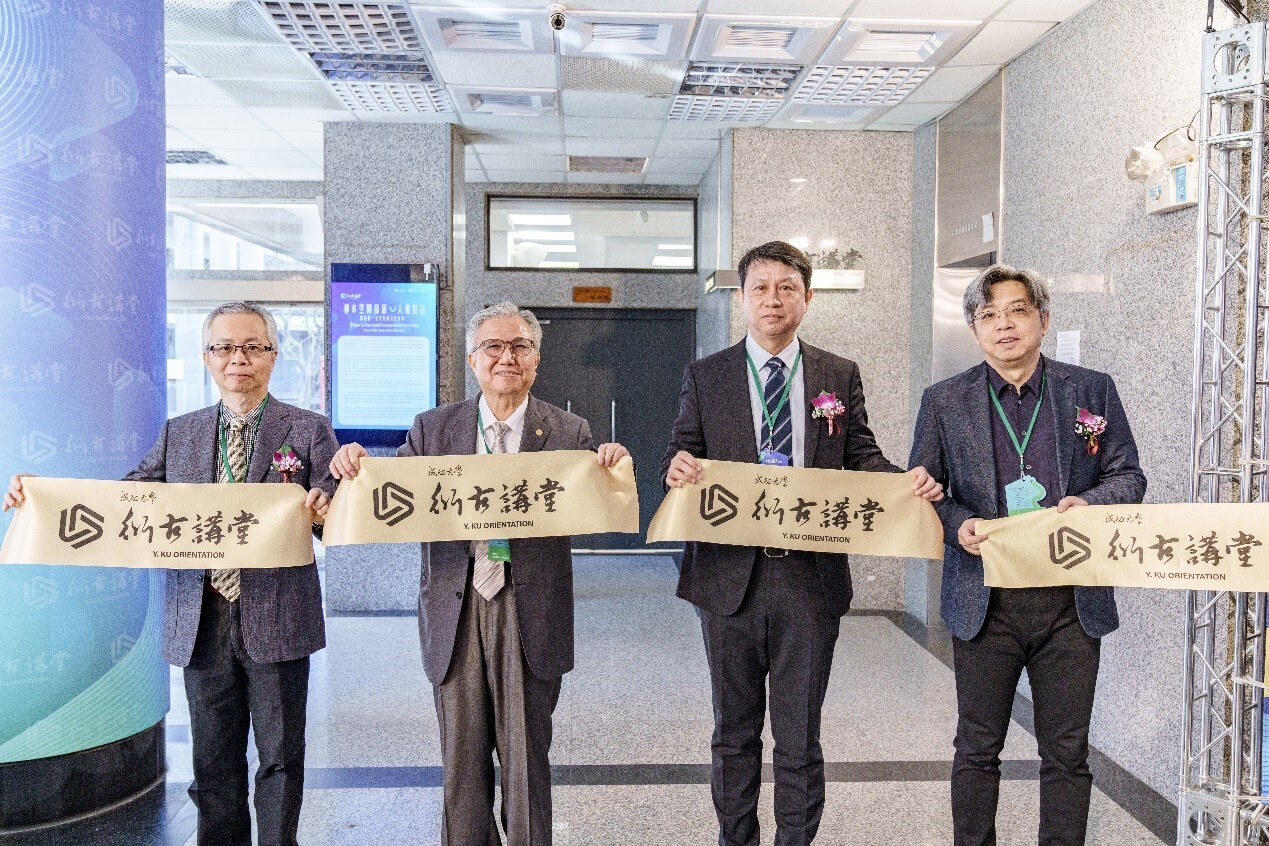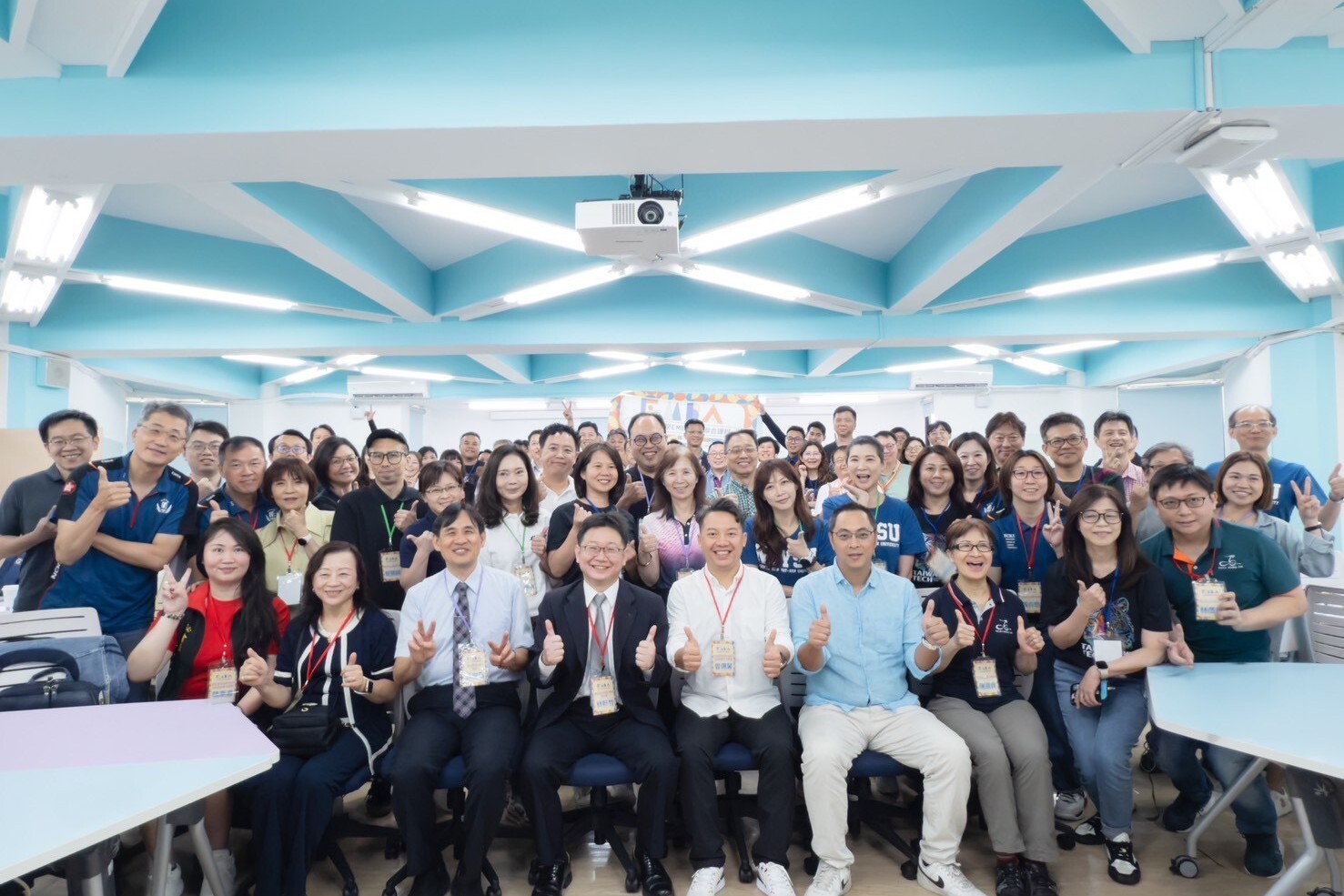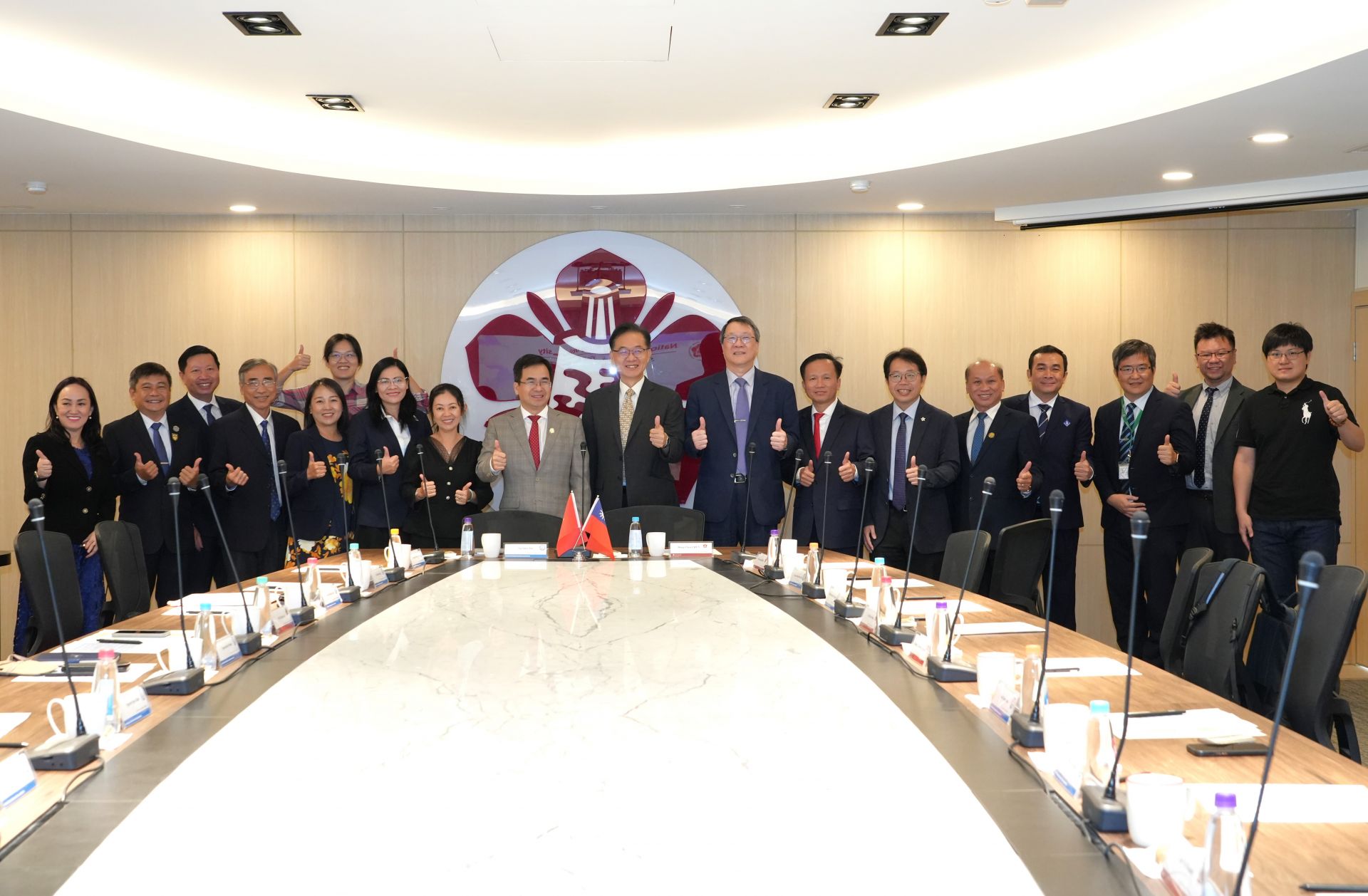The modular general education course "Artistic Activity Healing: Taking Mathematical Creativity Performed on the Stage" for the first semester of the 113th academic year at National Cheng Kung University (NCKU) was held from July 1 to July 5, 2024, at the History Archives of the Kuang-Fu Campus in Tainan. This course integrates mathematics with diverse art forms through a series of activities. It aims to promote inclusive, fair, and high-quality education and lifelong learning in alignment with the Sustainable Development Goals (SDGs). The course also incorporates STEAM education, encouraging students to use mathematics for mental exploration and moral development, learning to become better individuals.
The course was designed and led by Professor Yu-Chen Shu from the Department of Mathematics, Professor Wei-Chien Ma from the Institute of Art Studies and the MA Program in Drama, Professor Yen-Hsun Su from the Department of Materials Science and Engineering, and Director Wei-Sheng Chen from the Department of Computer Science and Information Engineering. It integrates personal cultivation, life experiences, environment, and mathematical art, combined with materials provided by the Department of Materials Science and Engineering and the Department of Computer Science and Information Engineering. The course aims to achieve diverse interdisciplinary learning through the aesthetics of mathematical art education.
Professor Wei-Chien Ma from the Institute of Art Studies and the MA Program in Drama explained that the course uses artistic activities for healing, starting with drama, opera, and performance, and supplemented with music, visual arts, and mathematics. It teaches students to connect perception and imagination, release inner emotions, embrace their true selves, and combine team creativity with self-expression for mental integration. This approach creates a character-learning environment that allows participants to focus on the present, gain achievement and satisfaction, and create a healing experience.
Professor Yu-Chen Shu from the Department of Mathematics mentioned that the course utilized the AMA system developed by Professor Ming-Jang Chen of National Yang Ming Chiao Tung University. Using fractal geometry, students created landscape paintings in PowerPoint. Additionally, Zhong-Ping Tu, a student from the Institute of Art Studies who was previously a mathematics student at NCKU, led a session on artistic drawing using the Four-Color Theorem from mathematics. The entire course series featured various themes centered around art, mathematics, stage, action, and healing, providing a novel and vibrant learning experience. The course aimed not only to teach art and knowledge but also to connect mathematics with aesthetic education, with the hope of offering more related courses in the future to provide NCKU students with diverse platforms.
The five-day course also invited experts from various fields to combine mathematics and art from different perspectives, offering students a rich and colorful learning experience. The lively and engaging curriculum received unanimous praise from students. The interdisciplinary faculty included Ru-Wen Chen, Associate Director of the Department of Folk Arts at the National Taiwan College of Performing Arts, who guided students in breath awareness and meditation to realign their physical chaos and rigidity, and explored mathematical concepts such as rhythm, counting, and patterns as reflected in breathing. Jun-An Chen, Head of the Information Resource Center at the National Taiwan College of Performing Arts, demonstrated the connection between juggling and mathematical operations, engaging students in juggling exercises to improve hand-eye coordination and relieve stress. Nong-Zheng Zheng from the Department of Peking Opera integrated mathematical geometry concepts in guiding students to paint opera masks.
Graduate students Wei-Huan Cai and Cheng-Yang Yuan, who assisted in the course, noted that it combined performing arts and mathematics, breaking the traditional impression of courses and providing a multidisciplinary learning experience. The course alternated between theory and practice, tradition and innovation, offering an enriching experience. Rui-Han Zhang, a first-year student in the Department of Chemical Engineering, said that the diverse experiential activities and body movements enhanced self-awareness, creativity, and interpersonal interaction skills, and more importantly, helped develop inner cultivation and attitudes regarding "people, character, and thought."
The course culminated in the presentation of the students' learning outcomes over the past few days, incorporating elements of opera costumes and accessories into a runway show to showcase individual artistic styles. The creative stage combining "art" and "mathematics" was dynamically displayed, highlighting the unique brilliance of the students. Through this modular course, the instructors combined mathematical formulas with artistic creation, making the course lively and engaging, encouraging students to be creative. The course aimed to positively impact life through artistic creation and the SDGs' sustainable development education goals.
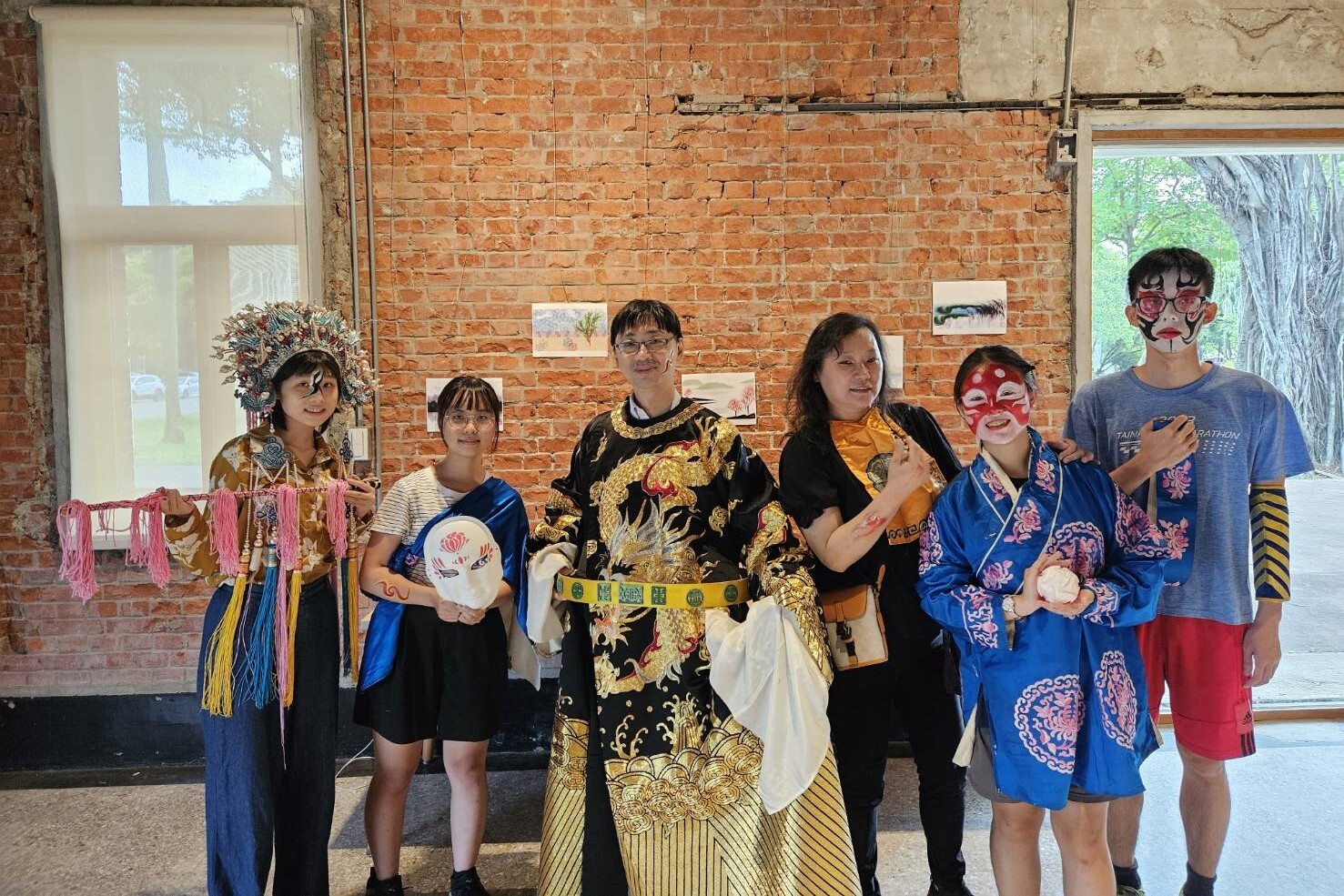
The modular general education course "Artistic Activity Healing: Taking Mathematical Creativity Performed on the Stage" for the first semester of the 113th academic year at National Cheng Kung University was held from July 1 to July 5, 2024, at the History Archives of the Kuang-Fu Campus in Tainan.
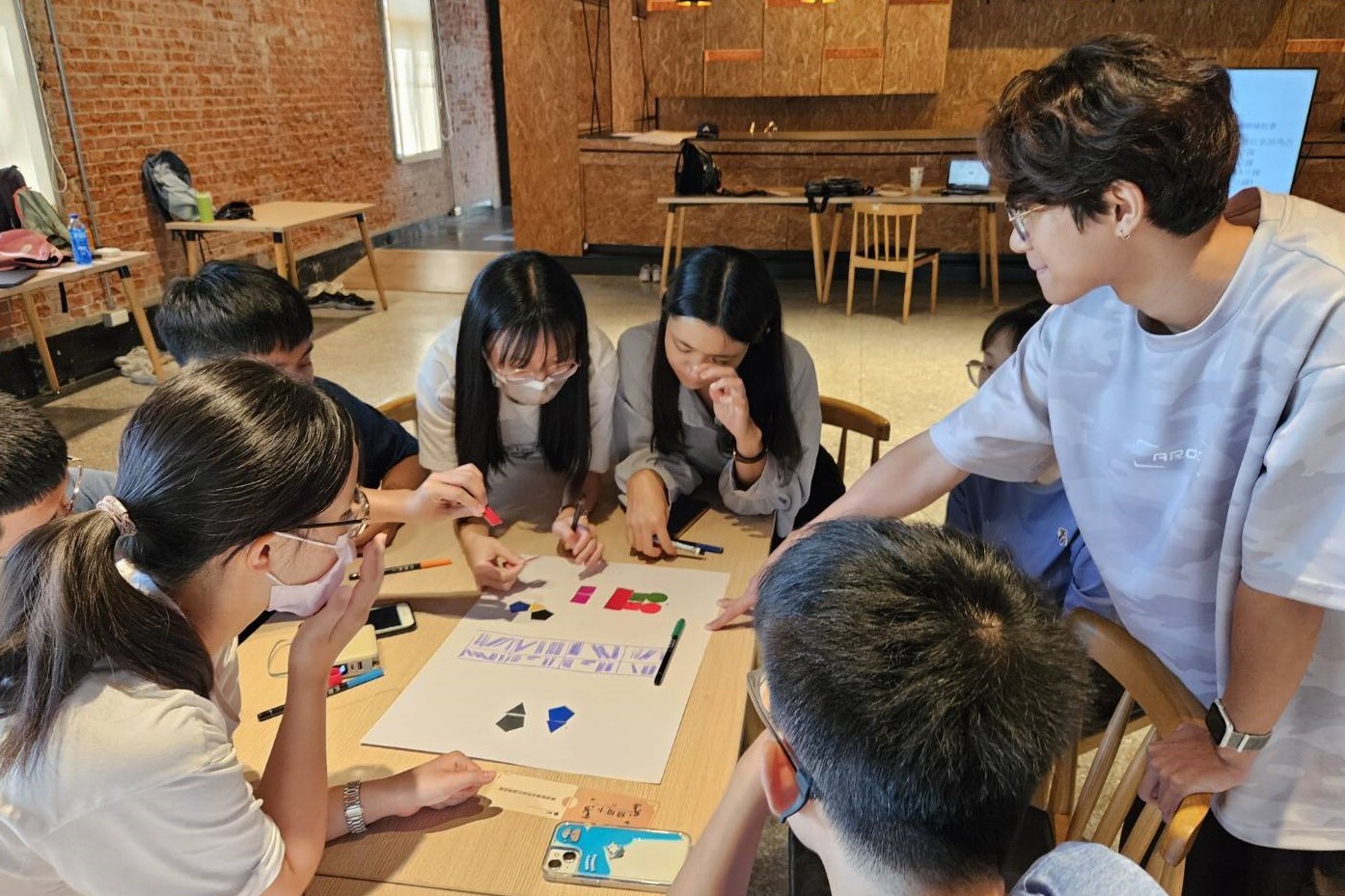
The five-day course invited experts from various fields to combine mathematics and art from different perspectives, providing students with a rich and colorful learning experience. The lively and engaging curriculum received unanimous praise from students.
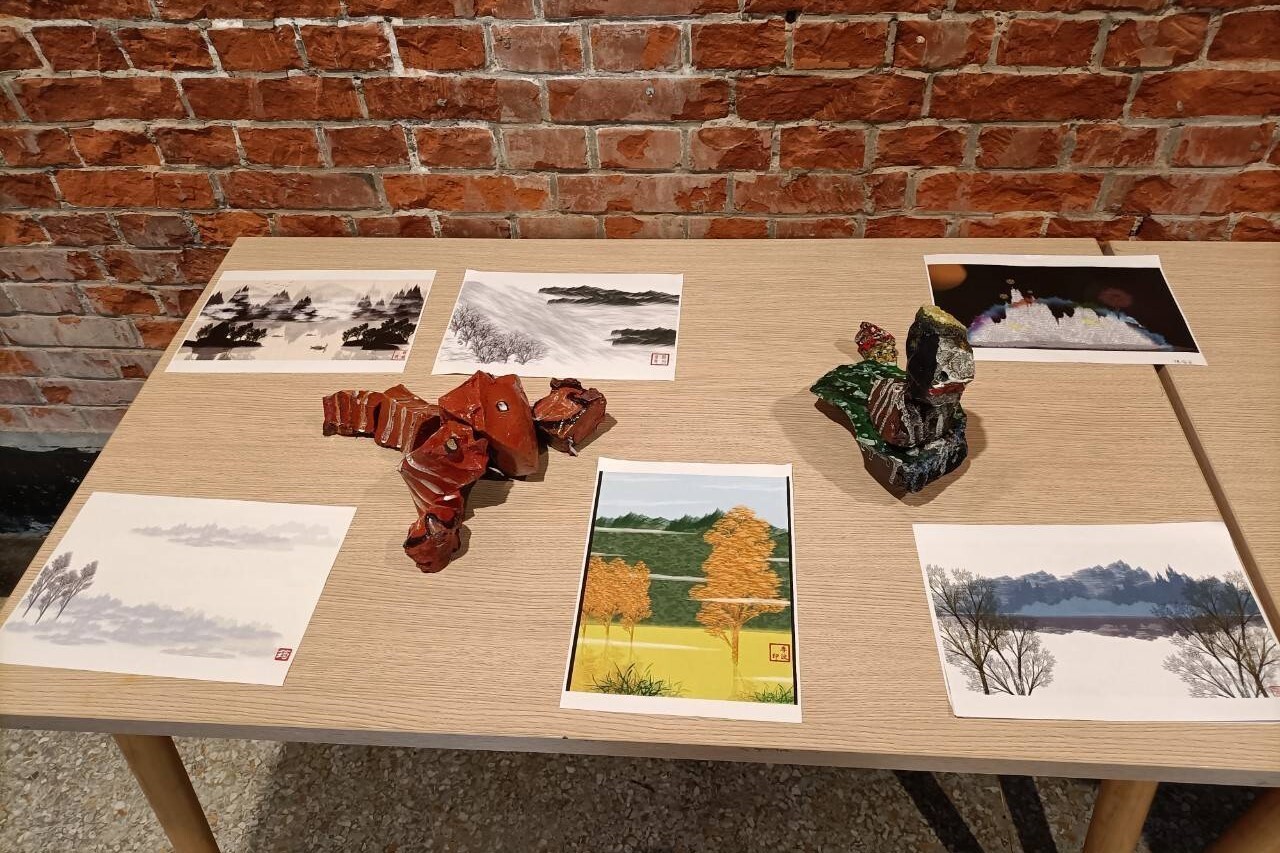
The course utilized the AMA system developed by Professor Ming-Jang Chen from National Yang Ming Chiao Tung University. Using fractal geometry, students created landscape paintings in PowerPoint.
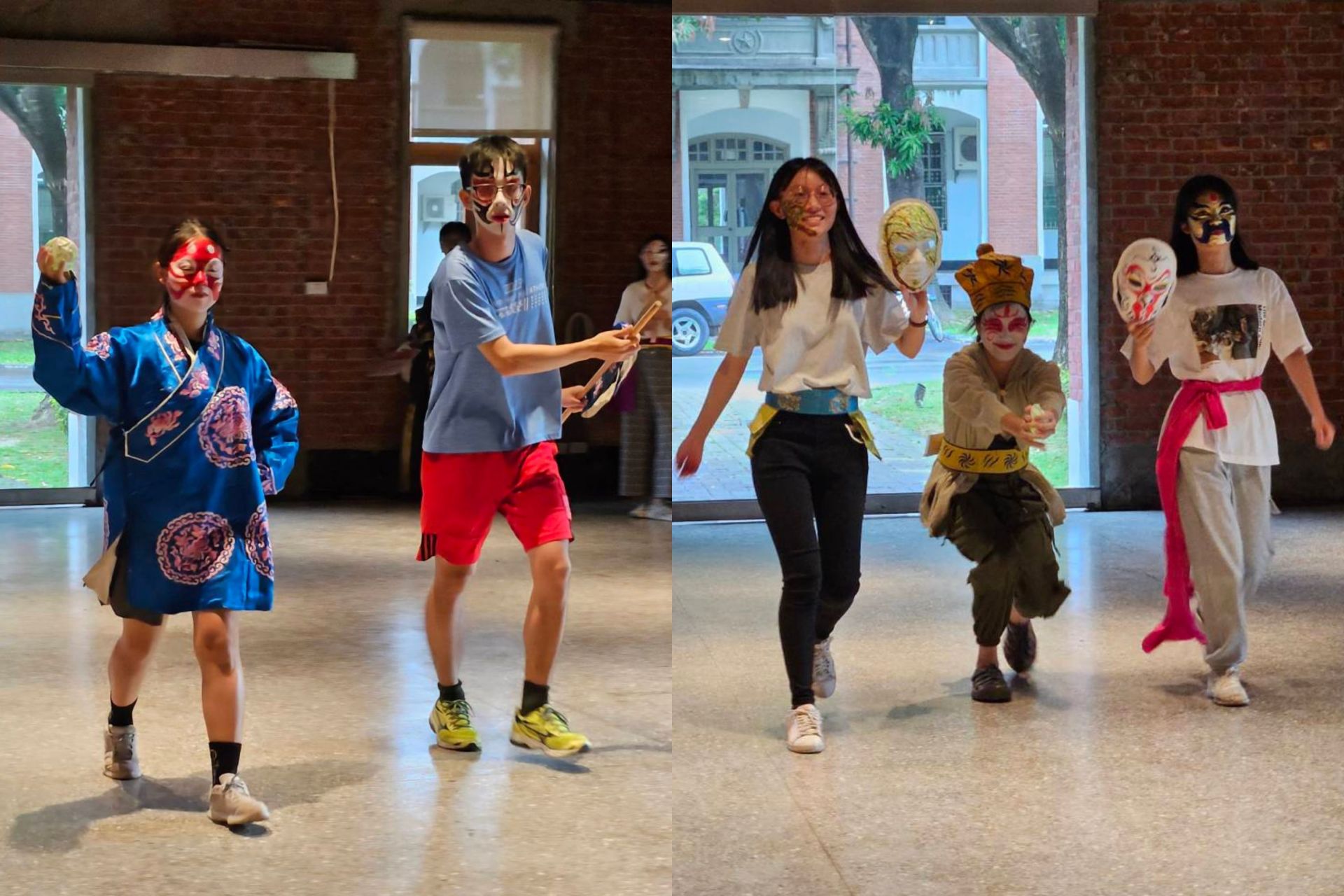
The course concluded with a presentation of the students' learning outcomes, incorporating elements of opera costumes and accessories into a runway show to showcase individual artistic styles, creatively merging "art" and "mathematics" on stage.




